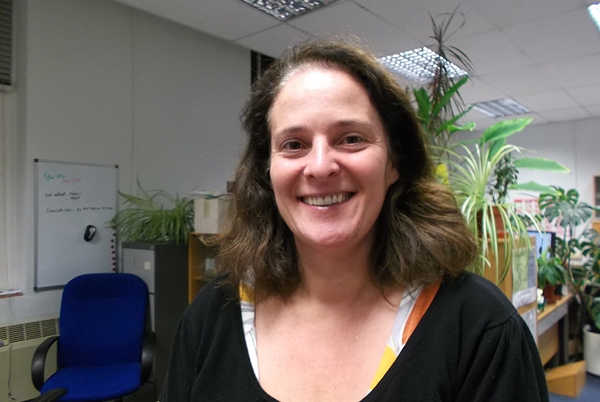Transformative Change in telecoupled agrofood systems for biodiversity and equity (EU Horizon, 2023-26)
Partnering with Wageningen University, Netherlands, University of the Andes, Colombia, University of Dschang, Cameroon, the University of Kabianga, Kenya, IDDRI and CIRAD, France, and Hanken University, Finland. The project explores transformative pathways in agro-food systems, moving beyond reform-oriented market-based mechanisms to explore more radical regenerative alternatives. Includes research on rural imaginaries, the more-than-human, emotional ecologies, and issues of biodiversity, equity and justice, within landscapes linked to EU consumption and biodiversity, analysis of transformative change pathways, leverage points and levers e.g. rights of nature, social movements, collective action and commoning for transformative change, as well as facilitating social learning cycles at landscape, national, EU and global scales.
Food and Nature Futures in Medway (2023-24).
Funded by the Regional Innovation Fund, exploring food and nature futures in Medway, Kent, though innovative arts-based approaches, social learning processes and surveys
Social learning for people-centred land governance
Social learning for LandCollaborative, a Global Community of Practice involving social learning cycles and co-production of learning outputs for the LandCollaborative (International Land Coalition, Mekong Delta Rural Land Governance Programme and WeltHunger Hilfe (WHH) LandforLife programme). The project involved working with 27 organisations in 13 national civil society platforms working on land rights and governance.
Critical analysis and assessment of fair trade and sustainability market-based mechanisms and responsible business approaches.
Multiple studies on fair and ethical trade schemes, sustainability standards and certification impacts, social impacts of corporate codes of practice, sector transformation and sustainable landscape approaches, responsible business and ethical trade schemes, trade and global value chains social and economic upgrading innovations, and sustainable finance for diverse donors and research councils (FCDO, ILO, Fairtrade International, Fairtrade Foundation, Max Havelaar, ISEAL, Better Cotton Initiative, Rainforest Alliance, Dutch government). This work led the way asking questions about the effectiveness, impact, politics and governance of private standards and alternative, solidarity trade schemes and initiatives. It generated extensive evidence on impacts, research on the politics and ethics of value chain sustainability governance, and highlighted the inherent limitations and problems associated with market-based mechanisms for sustainability and transformative change. Recent studies on human rights, environmental due diligence and rights of nature.
Politics and governance implications of private standards initiatives in Kenyan agri-food chains (2008-2011)
With the Universities of Leeds and Nairobi (ESRC-DFID). This research explored actor struggles over value chain sustainability governance and the emerging role of private actors in shaping narratives and practices. Looking beyond the vertical, the research explored the embedded nature of global value chains and the power inequalities infused in such agrofood chains, the contingent nature of smallholder and worker agency and participation, and the governmentality of sustainability standards and codes. The control-oriented nature of ethical governance was identified as well as areas of resistance and alternative economy narratives.
Transdisciplinarity and participatory learning approaches in sustainable agriculture and agroecology
Over several decades including pioneering work on participatory video to support community enquiry, communication and advocacy on livelihoods and the environment in Malawi (1996-98, DFID funded), Farms of the Future project involving facilitation of farmer and agriculture stakeholder learning journeys on climate adaptation in Ghana, Burkina Faso and Tanzania (CCAFS, 2011-13), National Learning Alliances using multi-stakeholder social learning cycles on sustainable agriculture in Tanzania, Malawi, Zambia, Ghana and Ethiopia (DFID SAIRLA programme), and participatory farming learning including video documentation in evaluative learning on FAO Strengthening Climate Resilience Programme (EC Global Climate Change Alliance, Malawi, 2015-19). Recent study for Agrinatura on Agroecology and Value Chains with FIBL.






